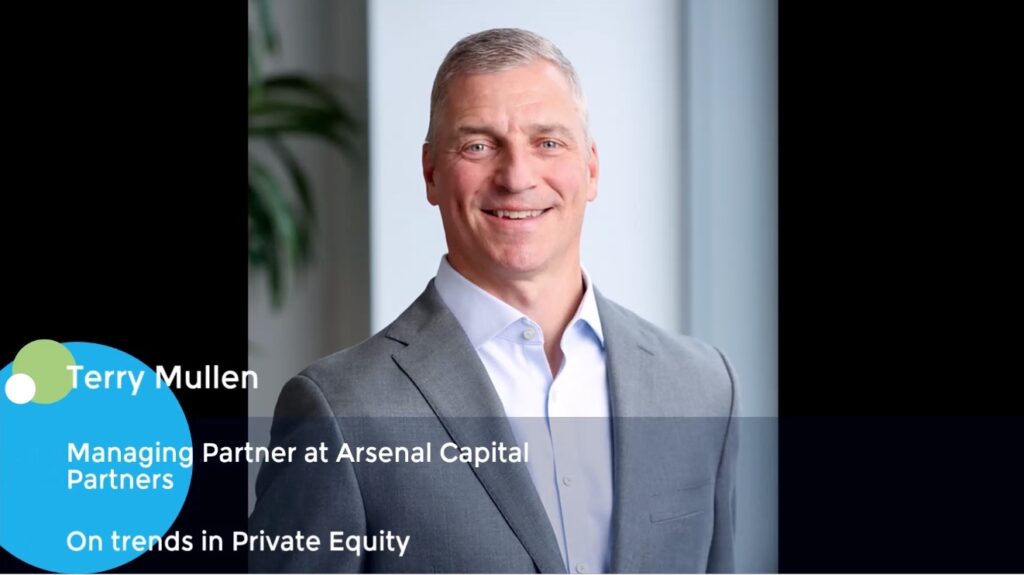Shein taken off London IPO hopes, despite confidential filing
- Deal could be pushed to 2025, syndicate roles still in play
- Shein yet to implement advisors’ supply chain recommendations
- Advisors’ ‘reputation on the line’ if Shein lists amid investor doubt
Shein faces colossal hurdles before it could execute a London IPO, making a near-term listing a remote prospect and an indicative timetable near impossible to nail down, two sources familiar with the matter and a host of ECM watchers have told this news service.
Though Shein wanted a summer IPO, there are doubts even an autumn listing is possible, the first source said. If it proceeds, a 2025 flotation is more realistic, this source argued.
Amid US government and pressure group scrutiny of the Singapore-headquartered fast fashion player’s supply chain, Shein is yet to implement advisors’ recommendations on addressing this matter, this source continued.
Progress will be needed here for Shein’s advisory team to sign off on commercial due diligence, this source added.
Beyond this, only global coordinators JPMorgan, Goldman Sachs and Morgan Stanley appear to have been appointed, with most syndicate roles still up for grabs, an ECM banker chasing a mandate said.
Even a child “would come back with the conclusion that there is a hell of a lot of prep and work left to do on this one,” the second source conceded.
Shein reportedly confidentially filed with the London Stock Exchange (LSE) in early June, amid suggestions the IPO might be ready to launch around September given a typical two-month approval process by the Financial Conduct Authority (FCA), the UK’s market regulator.
Press reports of an imminent listing left the second source asking “what I was missing”, noting the political brouhaha over Shein’s supply chains.
“If they are not up to code, it’s our reputation on the line,” the first source noted.
Shein had filed to list in the United States, before pivoting to London after facing Congressional scrutiny and accusations over modern slavery in its supply chain, with particular concern over cotton allegedly sourced from the Xinjiang Uyghur Autonomous Region in China.
Amnesty International UK issued a press release on 25 June saying it would be a “badge of shame” for the LSE if Shein were to successfully list in London, arguing there is “little transparency and accountability for the pay or conditions endured by workers” in its supply chain.
Shein insists in its Human Rights Policy that it is “dedicated to operating in a responsible and ethical manner” and has committed to “rejecting forced labour” for its employees, alongside “protecting the human rights of our suppliers’ workers”.
Nevertheless, were Shein’s share price to drop post-listing “because someone digs up supply chain issues”, there would be considerable reputational damage for the company and its advisors, the first source said.
The risks are even greater than that.
While the FCA has no enforcement or investigatory powers related to alleged breaches of legislation not within its remit, such as the UK’s Modern Slavery Act or tax legislation, it can act on any breach of prospectus rules, including not laying out all necessary information, a source familiar with the regulator cautioned.
“Those responsible for a prospectus are liable to pay compensation to an investor who has suffered loss” if there are misleading statements in the document, this source added.
The FCA declined to comment.
Clarity conundrum
Though Shein has spent a great deal of time mapping its supply chain, the group can “never have full visibility” given the thousands of suppliers with which it works, a capital markets advisor following the matter said.
Shein does not own manufacturing facilities but works with a reported 5,400 in China as of end-2023.
Shein’s advisors seem unsure how to proceed with investor communication on supply chain issues given “it is so hard to prove what they need to prove”, the ECM banker said.
It is not impossible to trace raw materials through the network of suppliers Shein relies upon, the first source argued. Indeed, Shein already has visibility across those suppliers closest to furnishing it with finished product, he added. Technology exists to facilitate oversight of raw materials providers lower down the chain, where there is greater obscurity at present, he noted. But Shein has not secured the comprehensive rollout of such technology with its supply partners, he conceded.
An ECM-focused investor agreed there are acute concerns among buysiders about Shein’s supply chain, particularly around modern slavery and working conditions.
“You only have to look at Boohoo [LON:BOO] to know why we would worry about that,” he said. “Now perhaps with more information we can factor in these risks into a valuation and Boohoo is still trading, but it is a big issue for Shein’s due diligence teams.”
UK-listed fast fashion operator Boohoo endured modern slavery allegations in 2020 and has subsequently amended its auditing process and prohibited “unauthorised subcontracting” in its supply chain.
Any investor with a strong ESG mandate, such as a sovereign wealth fund like Norges, would be unlikely to touch the deal, the ECM banker suggested.
While there will likely be considerable hedge fund demand for the IPO, significant long-only investors like BlackRock or Capital Group would need to be comfortable with Shein’s supply chain, this banker added.
Speaking last week, a second ECM banker tracking the deal said the company had scheduled no analyst meetings which would set up later investor education.
Shein did not respond to requests for comment. LSE declined to comment.











